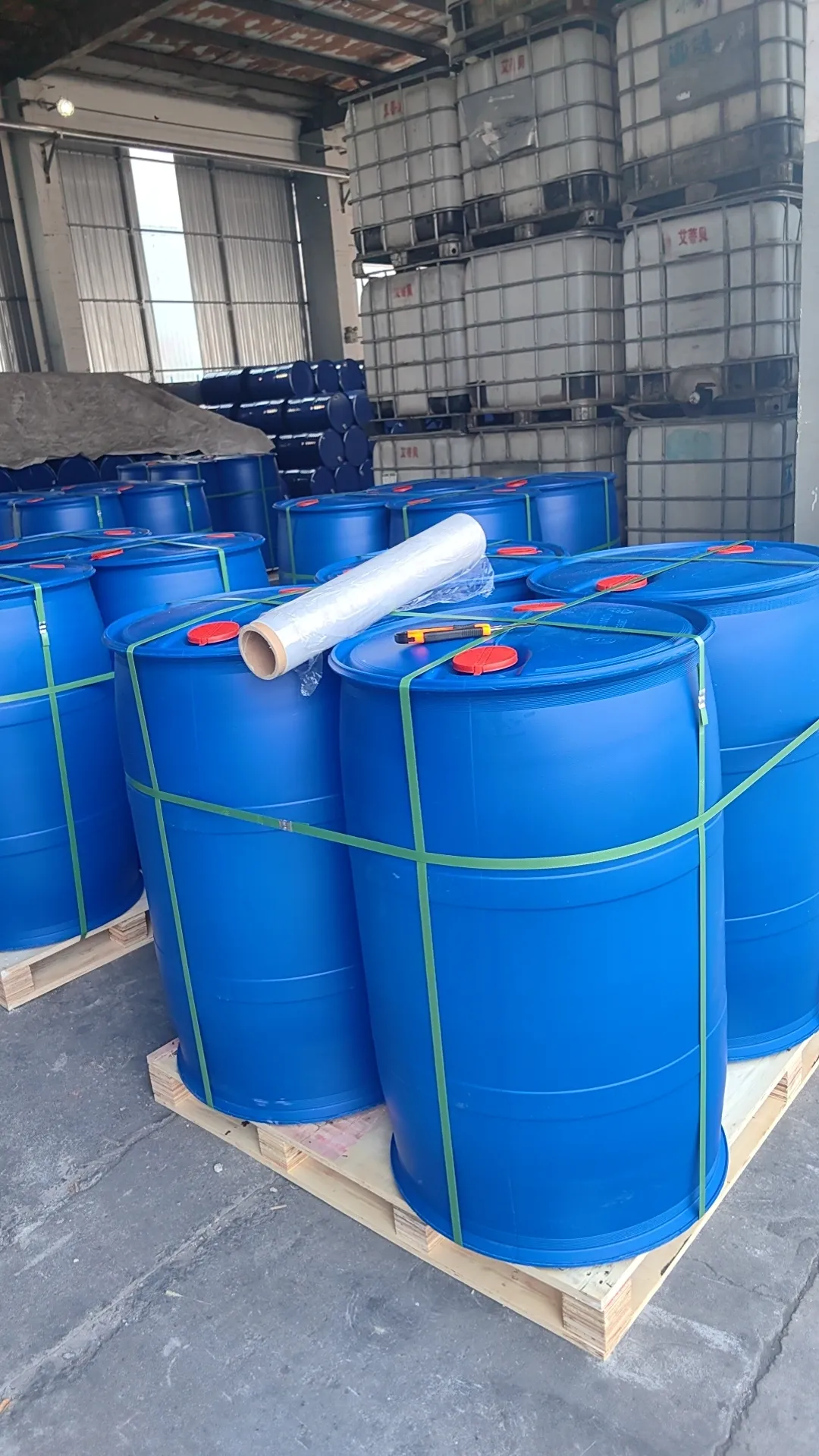β-Nicotinamide Mononucleotide,CAS 1094-61-7 ,NMN
Effective boiler water treatment is crucial for ensuring both efficiency and longevity of industrial boilers. Amines play an indispensable role in this treatment process, offering a solution that not only protects the system but also enhances its performance. While amines are often associated with complex chemical processes, their application in boiler water treatment is backed by substantial industrial experience and scientific expertise.
Amines in boiler water treatment function primarily as neutralizing agents. Their primary role is to counteract acidic conditions by neutralizing carbonic acid formed from carbon dioxide dissolved in condensed water. Carbon dioxide presence is inevitable due to the decomposition of bicarbonates in feedwater, and if not addressed, can result in corrosion of metal surfaces within the boiler system. The strategic addition of amines mitigates this risk, thereby prolonging the life of the boiler.
Various types of amines are utilized in the treatment process, each possessing unique properties that suit different system requirements. For instance, morpholine, cyclohexylamine, and diethylaminoethanol are among the most commonly used due to their volatility and compatibility with steam systems. Morpholine is known for its excellent thermal stability, making it suitable for high-temperature systems. In contrast, cyclohexylamine offers superior distribution ratio, permeating even the most challenging parts of the condensing system, providing comprehensive protection.
Expertise in selecting the appropriate amine requires a deep understanding of the system’s specific parameters, including pressure, temperature, and flow dynamics. This ensures that the amine's protective qualities are maximized. Factors such as steam-to-water distribution, pH level, and contaminant presence should be meticulously analyzed by professionals to tailor the treatment plan effectively. Utilizing advanced monitoring systems, experts can precisely gauge the effectiveness of amines, allowing for real-time adjustments and optimization of treatment regimens.amine in boiler water treatment
Authoritative studies and field research have consistently demonstrated the efficacy of amines in maintaining boiler integrity and performance. These chemicals not only prevent corrosion but also indirectly contribute to energy savings. By maintaining metal surface integrity, amines reduce the potential for heat transfer obstruction, optimizing fuel use and minimizing operational costs. The positive impact of amine treatment is underscored by countless case studies within the industry, where companies have reported significant reductions in maintenance costs and extended equipment life spans.
Additionally, the trustworthiness of using amines in boiler water treatment is enhanced by strict regulatory compliance and safety standards. Manufacturers and suppliers of treatment chemicals are bound by rigorous quality assurance protocols, ensuring that the amines used are of high purity and compatible with environmental regulations. This commitment to quality and safety reinforces the reliability of amine-based treatments.
It’s essential for decision-makers in industries utilizing boilers to recognize the strategic value this chemical offers. Collaborating with reputable water treatment specialists who possess substantial expertise in the deployment of amines will foster a proactive maintenance culture. This collaboration not only ensures the deployment of precise chemical balances but also aids in the establishment of sustainable, efficient, and safe operational practices.
To conclude, amines in boiler water treatment provide an authoritative, reliable, and efficient solution for maintaining system health and performance. Their role extends beyond mere corrosion prevention; they are a crucial component in achieving operational excellence. For those seeking to optimize their boiler systems, investing in amine-based treatment solutions should be considered a cornerstone strategy.
More product recommendations



